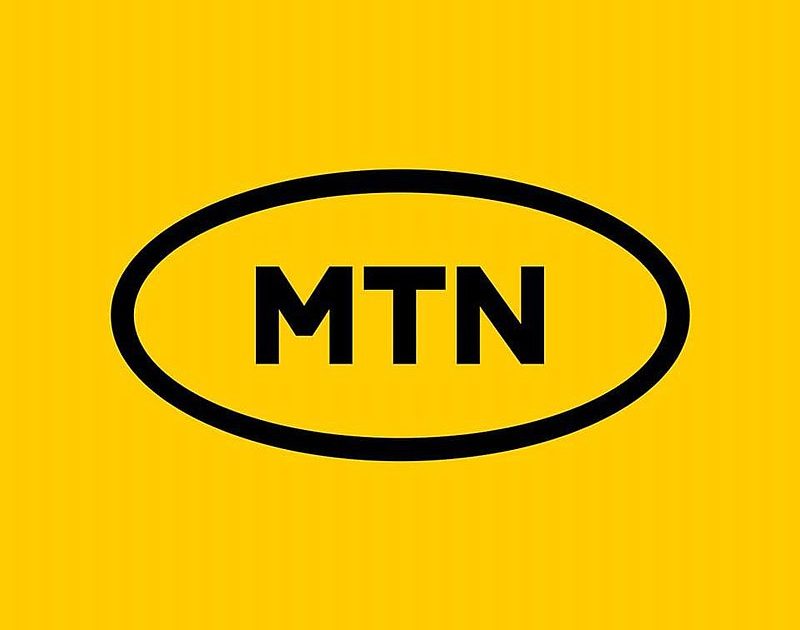The first half of 2025 witnessed a substantial increase in education tax and Nigerian Police Trust Fund levy remittances by sixteen listed companies on the Nigerian Exchange. A combined N54.97 billion was remitted for education tax, a significant leap from the N32.52 billion recorded during the same period in 2024. Similarly, the police levy saw a rise from N15.13 million to N81.33 million. This surge in contributions underscores the growing financial commitment of major corporations towards national development in the areas of education and security. Prominent companies like MTN, Seplat Energy, Lafarge Africa, and BUA Cement led the charge, showcasing a collective responsibility towards bolstering crucial sectors. The analysis of their financial statements reveals not only the scale of these contributions but also the legislative framework guiding these remittances, highlighting the dual focus on tertiary education and police force enhancement.
The legal frameworks underpinning these levies are the Tertiary Education Trust Fund (TETFund) Act of 2011 and the Nigerian Police Trust Fund Act of 2019. The TETFund Act mandates a 2% tax on the assessable profit of registered companies in Nigeria, intended for the rehabilitation and advancement of tertiary education. The Police Trust Fund Act, on the other hand, levies 0.005% of companies’ net profit, earmarking the proceeds for police training, equipment procurement, and overall security enhancement. These legal instruments aim to create sustainable funding streams for crucial sectors, leveraging the financial capacity of corporate entities to address critical national needs. The significant increase in remittances suggests a growing compliance with these acts, potentially driven by improved corporate profitability and a stronger emphasis on corporate social responsibility.
A closer examination of individual company contributions reveals varying degrees of commitment and growth. MTN Nigeria’s contribution of N20.19 billion represented a dramatic leap from zero contribution in the first half of 2024, reflecting a renewed focus on statutory obligations. Seplat Energy also recorded a substantial increase, remitting N17.49 billion, a 267% year-on-year growth. Lafarge Africa and BUA Cement followed suit with significant increases, contributing N6.77 billion and N3.59 billion, respectively. While most companies demonstrated increased contributions, some experienced declines. Geregu Power, Conoil, TotalEnergies, and Nigerian Aviation Handling Company all recorded reduced remittances compared to the first half of 2024, potentially attributable to fluctuating profits or changes in their financial strategies. This variance in contribution levels highlights the dynamic nature of corporate performance and its impact on statutory remittances.
Despite the substantial increase in remittances, concerns have been raised over the lack of transparency and accountability in the utilization of these funds. Civil society organizations and experts have questioned the effectiveness of the government’s management of these resources, pointing to persistent challenges in both the education and security sectors. The dilapidated state of public universities, despite billions in TETFund contributions, raises serious questions about fund allocation and utilization. Similarly, the persistent challenges facing the police force, including inadequate equipment and unprofessional conduct, cast doubt on the impact of the Police Trust Fund levy. This disconnect between the influx of funds and the persistent challenges on the ground suggests systemic issues related to corruption, mismanagement, and a lack of effective oversight.
Experts argue that the core issue lies not in insufficient resources but rather in weak governance, limited transparency, and a lack of accountability. The absence of clear mechanisms for tracking fund allocation and disbursement, coupled with potential political interference and corruption, hinders the effective utilization of these resources. The lack of independent oversight further exacerbates the problem, allowing mismanagement and misappropriation to go unchecked. Civil society organizations have called for greater transparency and public disclosure regarding how these funds are being used, emphasizing the need for stronger oversight mechanisms and strict enforcement measures to combat corruption and ensure accountability. The demand for increased private sector involvement in pushing for reforms also underscores the importance of collaborative efforts in promoting transparency and efficient resource utilization.
The ongoing debate surrounding the utilization of these funds underscores the complex relationship between statutory levies and corporate social responsibility (CSR). While companies are legally obligated to remit these levies, many also engage in voluntary CSR initiatives in education and security sectors, recognizing the limitations of government spending. This dual approach reflects a growing recognition that CSR cannot substitute for effective governance and accountability in the management of public funds. Calls for greater collaboration between government, corporate contributors, and civil society highlight the need for a multi-pronged approach to address the challenges facing these crucial sectors. Ultimately, ensuring the effective utilization of these funds requires a concerted effort to strengthen governance frameworks, enhance transparency, and promote accountability at all levels.














